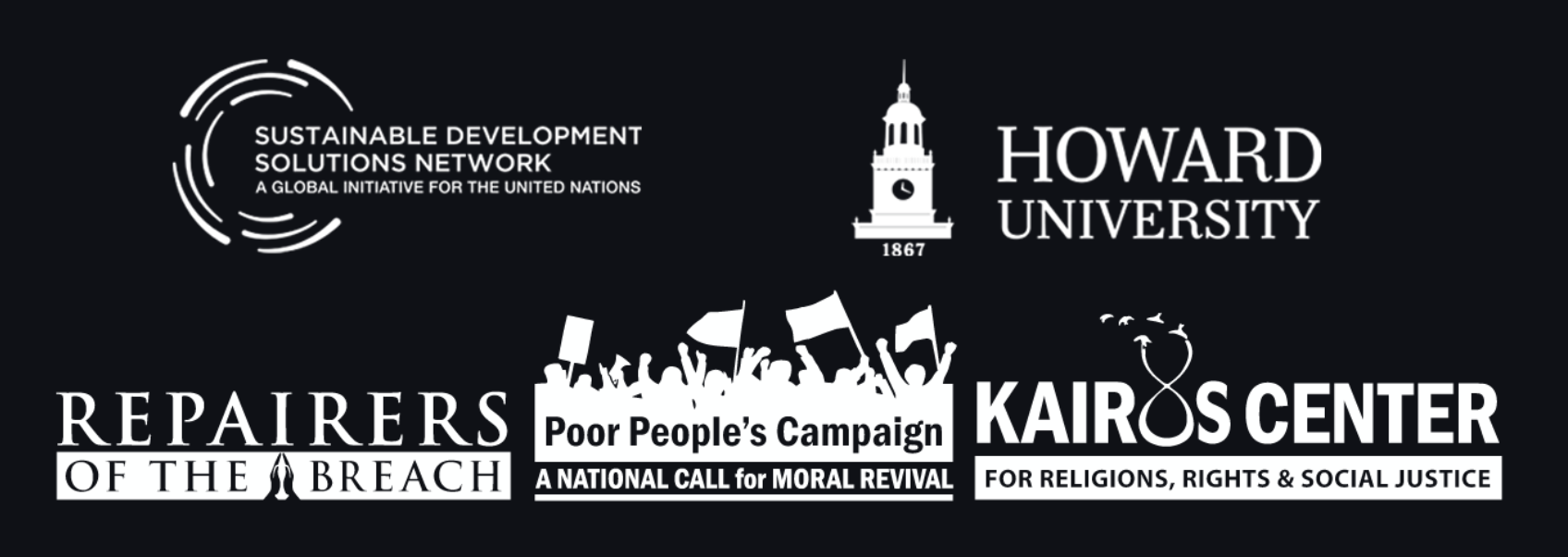SPECIAL REPORT- Press Release
The Poor People’s Pandemic Report is a political bombshell showing that COVID-19 deaths are disproportionately tied to poverty and low wealth
‘The pandemic didn’t discriminate but society and the government did’
As the nation approaches nearly 1 million deaths, the findings reveal that the poorest counties suffered twice as many deaths as the wealthiest ones during COVID-19, and it did not have to be.
A report to connect COVID-19 deaths in the U.S. to both poverty and race will be released April 4 at the National Press Club in Washington, D.C., by the Poor People’s Campaign and a team of world renowned economists, researchers and experts.
The unprecedented findings of the Poor People’s Pandemic Digital Report and Intersectional Analysis will be released at 10 a.m. ET by the Poor People’s Campaign: A National Call for Moral Revival, and the UN Sustainable Development Solutions Network.
“On the 54th anniversary of the murder of Rev. Dr. Martin Luther King Jr., when he was pleading with the nation to address poverty, racism and militarism, it is shameful that we have 140 million poor and low-wealth people in this nation,” said Bishop William Barber II, co-chair, Poor People’s Campaign: A National Call for Moral Revival. “Even in a global pandemic, there hasn't been a systematic assessment of the impact of COVID-19 on poor and low-income communities. COVID-19 data collection does not include data on poverty, income, or occupation, alongside race and pandemic outcomes. The Poor People’s Pandemic Digital Report and Intersectional Analysis addresses this knowledge gap and exposes the unnecessary deaths by mapping community characteristics and connecting them with COVID-19 outcomes.”
“During the news conference, a cohort of economists, researchers, and experts will reveal the interactive map and dashboard, where researchers, policymakers, and everyday people will explore this data in real time. Community members from some of the poorest and hardest-hit counties will also speak,” said Rev. Dr. Liz Theoharis, national co-chair of PPC:NCMR. “The COVID-19 disparities among counties across the US are striking." This report shows clearly that COVID-19 became a ‘poor people’s pandemic.’”
Included are findings from a total sweep of over 3,000 counties which includes data on COVID-19 deaths, income, race and other characteristics.
Shailly Gupta Barnes, policy director for the PPC:NCMR, added: “This analysis compares US counties from the poorest 10% to the richest 10% and shows that, overall, the poorest counties have grieved nearly two times the losses of wealthiest counties. During the deadliest waves of the pandemic (winter 2020-2021 and Omicron) death rates were even higher - four and a half and three times as high - in the poorest counties. This cannot be explained by vaccination status. Over half of the population in these counties have received their second vaccine shot, but uninsured rates are twice as high.” Additionally, the counties with the highest death rates had one and a half times higher poverty rates than counties with lower death rates.
See county-level data on COVID-19 deaths, income, race and more on this interactive dashboard.
The complete digital report and intersectional analysis will be live on April 4.
“COVID-19 was not only a national tragedy, but also a failure of social justice. The burden of disease – in terms of deaths, illness, and economic costs – was borne disproportionately by the poor, women, and people of color. The poor were America’s essential workers, on the front lines, saving lives and also incurring disease and death,” said renowned economist Dr. Jeffrey Sachs, president of SDSN, Columbia University professor and co-chair of the SDSN USA network. “This pandemic report aims to shed light on the unequal burden of the pandemic, and to help point the way towards a fairer, healthier and more prosperous nation.”
“The findings of this report reveal neglect and sometimes intentional decisions to not focus on the poor. The neglect of poor and low-wealth people in this country during a pandemic is immoral, shocking and unjust, especially in light of the trillions of dollars that profit-driven entities received,” said Bishop Barber. “It is further evidence why we must have a Mass Poor People’s and Low-Wage Workers’ Assembly and Moral March on Washington and to the Polls on June 18 as a declaration that our movement will intensify and embolden our agitation for this nation to have a third reconstruction that fully addressed poverty, racism, ecological devastation, denial of healthcare, and the war economy. We must shift the moral narrative; we must put a face on this human abuse; and we must build power and refuse to be silent anymore.”
Rev. Dr. Theoharis said: “We can no longer ignore the reality of poverty and dismiss its root causes as the problems of individual people or communities. There has been systemic failure to address poverty in this country and poor communities have borne the consequences not only in this pandemic, but for “years and generations before. However, this does not need to continue. Our nation has the resources to fully address poverty and low wealth from the bottom up.”

